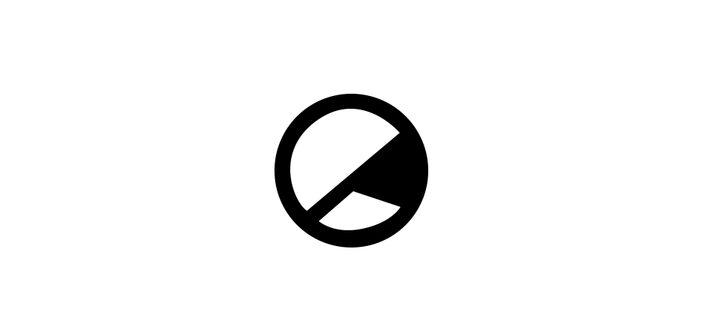Though Mike Colter's Luke doesn't get enough time to showcase his superheroics, the series redeems itself with complex layers of storytelling, and makes for entertaining viewing.
-
6
Showrunner Cheo Hodari Coker has crafted a show that is not afraid to tackle the blatant race issues of the day head on; a bulletproof black superhero has never been so relevant, and provides strong social commentary for the present day. Modern day Harlem has never felt so alive.
If you’ve been keeping up with the Marvel/Netflix television shows, then you will be well aware of Luke Cage – but for those who are unaware of his existence, he made his first appearance as a secondary character and love interest in Jessica Jones last year. The first solo outing picks up after the events after that show, and charts his inner conflict and struggle of accepting his position as the hero in Harlem; given bulletproof skin and super strength from a failed experiment, Luke must decide whether to rise to the mantle.
Coker has done an excellent job in bringing the essence of Harlem to life through the brilliantly crafted hip-hop soundtrack (created by Adrian Younge and Ali Shaheed Muhammad), and through its wealth of supporting characters such as Rafael Scarfe (Frank Whaley) and Bobby Fish (Ron Cephas Jones). That’s where the show excels; its strongly written characters. In an era where inequality between genders in Hollywood has been so prevalent, it makes it so refreshing to see two complex, strong women in Mariah Dillard (Alfre Woodard) and Misty Knight (Simone Missick), subverting the unfair standards set by Hollywood, challenging the ideologies that Luke Cage holds, all whilst also going through their own interesting character arcs.
High praise must be awarded to Mike Colter for bringing so much soul to the role of Luke, really reflecting the inner struggle he’s enduring of whether to stay under the radar or use his powers for good. The lack of n-word usage from Cage, and lamation of guns, further highlights his persona as a force for a good, and that he’s not your typical Harlem resident.
Netflix continue their streak of a multifaceted, conflicted villains with Cornell Cottonmouth, the head of Harlem’s crime syndicate, whilst still trying to maintain a positive public image; actor Mahershala Ali, whom you may recognise as Remy Danton from House of Cards, brings a sense of “swagger” to the role, elevating the conflicted backstory that Cottonmouth has. What distinguishes this from the typical MCU films is the sheer brutality; Cottonmouth throws a character from a roof in just Episode 2, showcasing his no-nonsense attitude and the dark underbelly of Harlem. Diamondback (Erik LaRay Harvey), the big bad of the show, is somewhat underwhelming in comparison; very much a cartoonish character, he is there simply to serve as a physical adversary to Luke. With the focus shifting to him and Luke’s conflicts, the show loses much of the momentum it had built up in the first half, and a lack of an interesting backstory makes it difficult for the audience to become invested in the confrontation. All makes for a disappointing final showdown in the series finale.
Another major downfall is its unsubstantial story arc; a narrative that could’ve been told in eight episodes is instead stretched out to a lengthy 13. Whilst the arc of Luke is very well written, Claire Temple (Rosario Dawson) felt like a character that was present to link the show with its sisters, Daredevil and Jessica Jones, but throughout the course of Luke Cage, she had very little to do. Luke Cage is less like a superhero show and more like an ode to Harlem and its vibrant life; only showcasing Cage’s power for the equivalent of mere minutes in each episode feels like a missed opportunity. But whilst Luke Cage has it downfalls, the show definitely does more right than wrong, and continues Marvel’s streak of creating entertaining, grounded shows and furthers this TV universe.
Luke Cage‘s 13 episode first season is available on Netflix, in addition to Daredevil and Jessica Jones. Mike Colter will return as Cage in the miniseries, The Defenders, in 2017, which brings the three shows together, along with the upcoming Iron Fist.
https://www.youtube.com/watch?v=ytkjQvSk2VA



